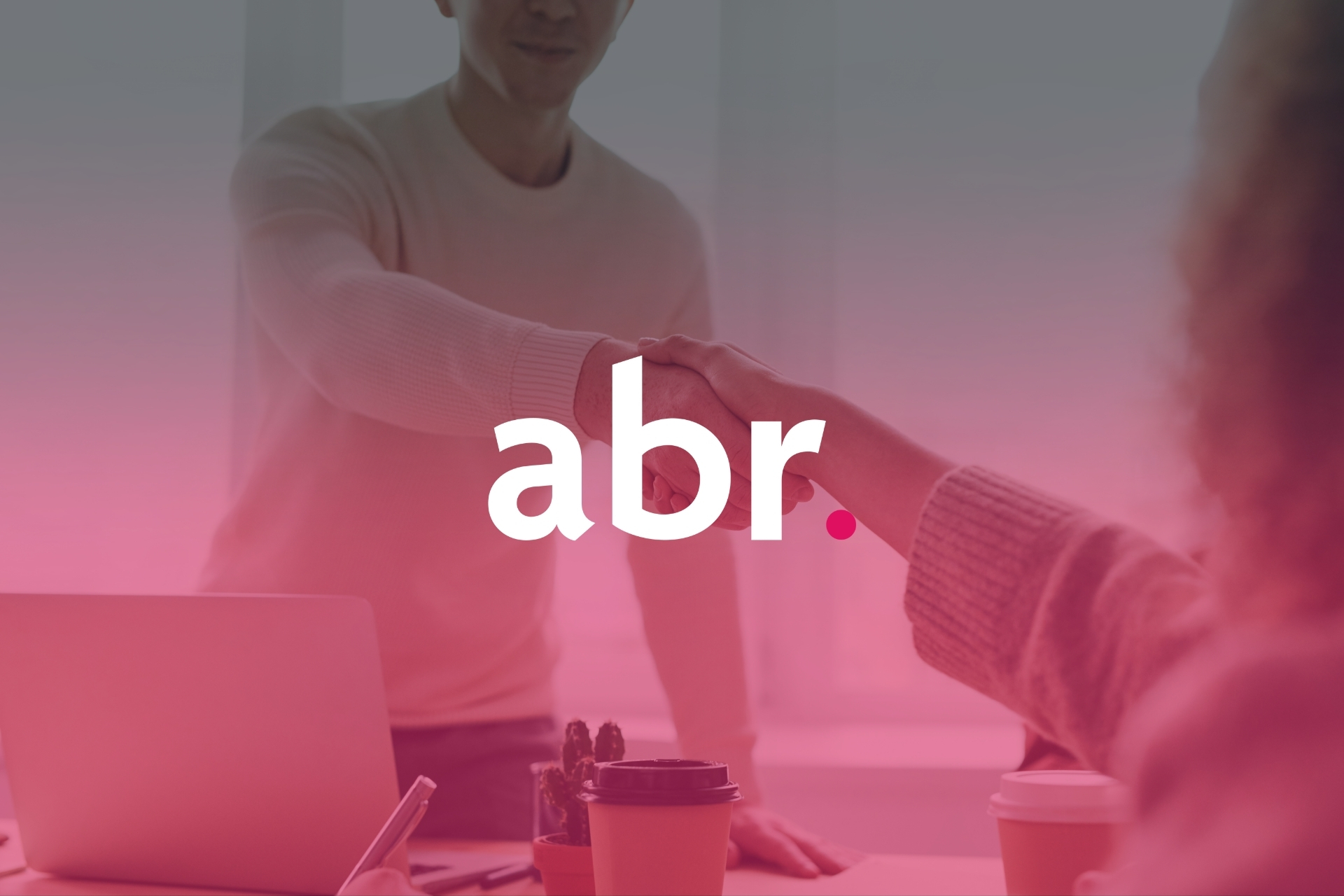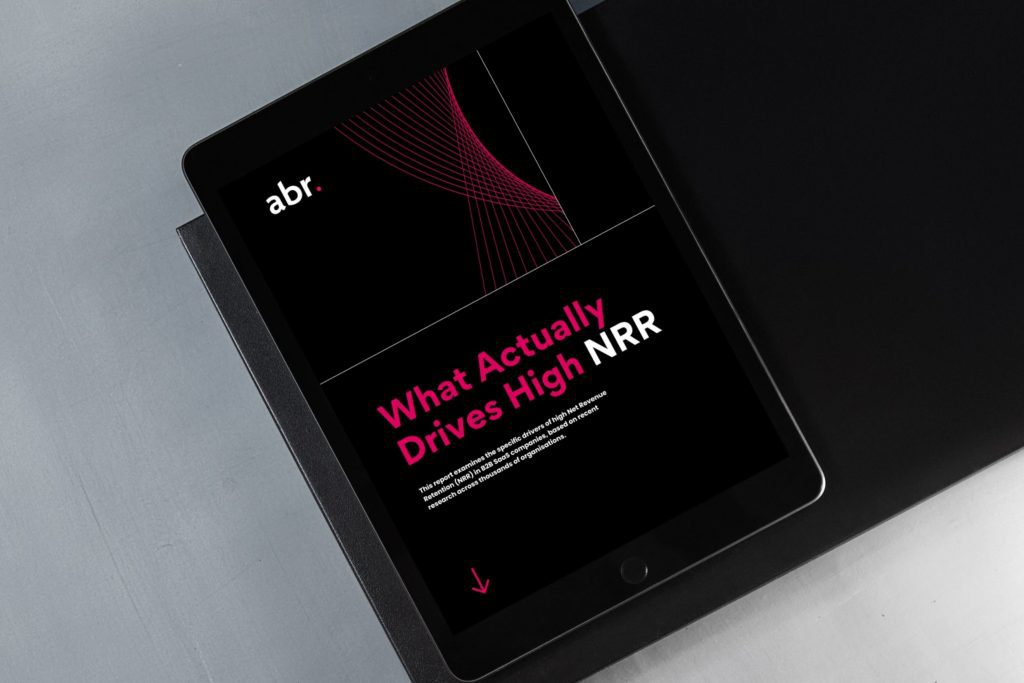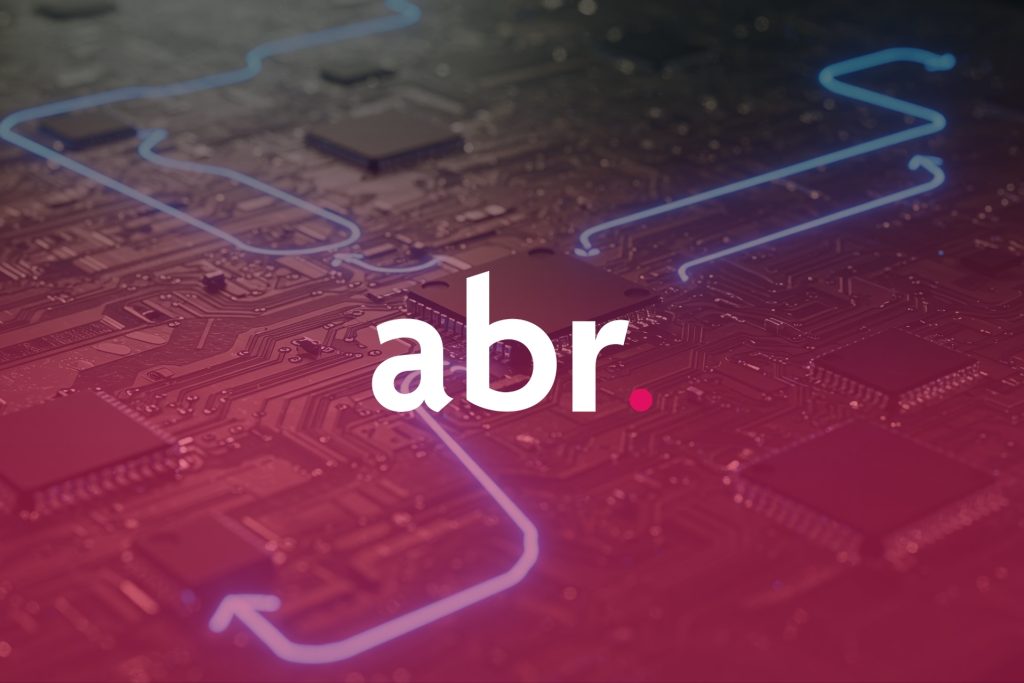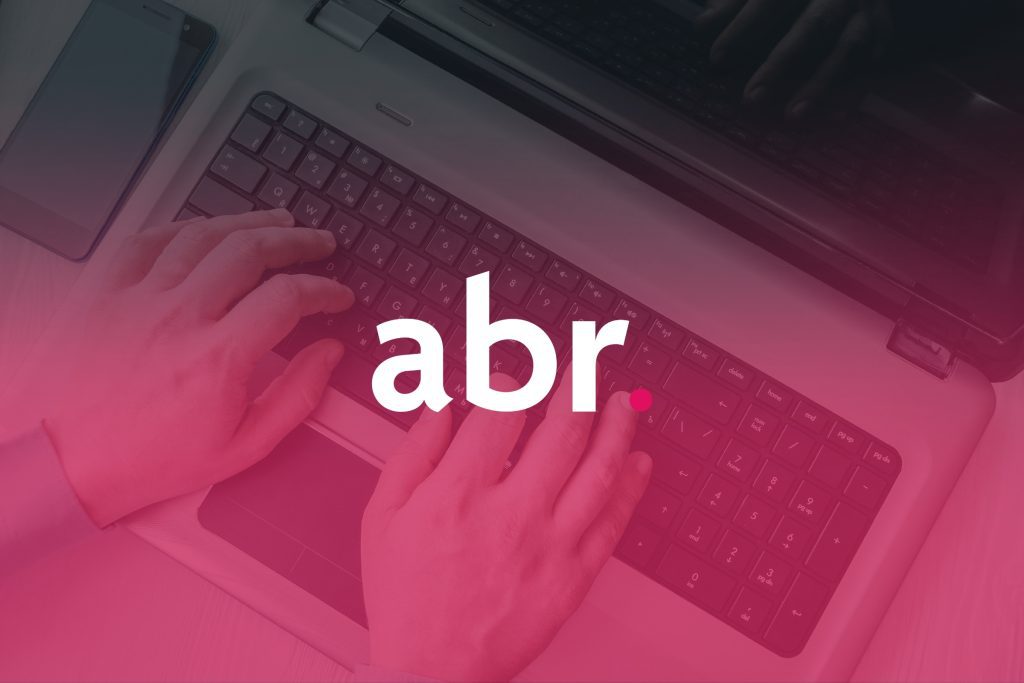Why speed still wins the hiring game (and how recruiters make it happen).
Picture this.
You’ve got a critical role open — maybe it’s that Sales Director you’ve been meaning to hire since Q1, or the CS Manager your team keeps begging for. You post the job, share it across a few platforms, and then you wait.
Days turn into weeks. The applications come in, but few hit the mark. Meanwhile, your best candidates have already disappeared off the market, and your team’s running on fumes covering the gap.
Sound familiar? You’re not alone. Most startups and growing businesses face the same challenge: hiring takes too long, and great people move too fast.
The hidden cost of slow hiring
Let’s start with some context.
The average hiring process takes between 36 and 42 days in the US [3]. In the UK, it’s similar — a month or more before someone actually joins. Now compare that to how quickly top candidates move: the best people are usually off the market within 10 days [2]. However, in today’s market, it can take longer, up to 12 weeks depending on the candidates notice period.
At ABR Talent, the average time to hire a suitable candidate is 19 days.
That means by the time you’ve written your job spec, shortlisted your first round, and found time in everyone’s diary for interviews, the candidate you really wanted has already said yes somewhere else.
And the cost of that delay isn’t just frustration. Every extra week your role stays open costs you productivity, momentum, and sometimes revenue. If it’s a sales hire, you lose pipeline. If it’s a developer, product deadlines slip. The longer you wait, the more expensive that “empty chair” becomes.
Why speed matters more than ever
In tech and SaaS, hiring slow is a luxury most companies can’t afford.
The competition for great people is relentless. The Senior Engineer you need is already juggling three offers. That GTM lead you had your eye on? Probably interviewing with your main rival as you read this.
The hiring market is brutally fast. Founders know that if they’re not moving quickly, someone else is. Every day you spend waiting for inbound applications is a day another company is making their offer.
That’s why “time-to-fill” isn’t just an HR metric — it’s a growth metric. A short hiring cycle means you get critical people into the business faster, projects move forward sooner, and your team doesn’t lose steam while you’re still recruiting.
The agency advantage
Here’s the part most founders underestimate: specialist recruitment agencies don’t just fill jobs; they accelerate the entire hiring process.
According to InterEx Group (2024), companies that partner with specialist tech recruiters can cut their time-to-fill by up to 40% [1]. That’s a huge advantage when you’re in a market where candidates vanish in a week and hiring usually takes six.
Why so much faster? It’s because good recruiters don’t start from zero. They already have a live network of candidates — people they’ve spoken to, interviewed, and pre-qualified. When you brief them on a role, they’re not waiting for applications to appear; they’re already calling the five people they know can do the job.
Agencies also handle the entire front-end workload: writing and optimising the advert, screening CVs, conducting initial interviews, verifying skills, and checking references. By the time you see a candidate, you’re only meeting those who are both capable and ready to move.
That level of preparation makes an enormous difference. Instead of juggling dozens of irrelevant CVs or ghosting half your pipeline, you get three or four qualified candidates in your inbox.
Recruiters also keep the process moving. They coordinate diaries, chase feedback, and make sure no one drifts away between stages. In a market where delays kill deals, they make sure your process keeps pace with candidate expectations.
The real trade-off
Some founders hesitate at recruiter fees, but here’s the uncomfortable truth: hiring slowly costs more.
Think about the combined opportunity cost — weeks of lost productivity, revenue, and momentum. A long delay could mean missed targets, burnt-out teams, or customers waiting too long for delivery.
So while a recruiter’s fee is visible, the cost of an unfilled role is often invisible — and far greater.
A good recruiter also saves you from the wasted hours spent manually sourcing, screening, and scheduling interviews. For small teams, that’s time you could spend building, selling, or fundraising instead.
And beyond speed, there’s access. Recruiters don’t rely solely on job boards or inbound applicants. They proactively approach top performers — many of whom aren’t actively job-hunting — and sell them on your opportunity. That’s something most founders simply don’t have the bandwidth or networks to do effectively.
The takeaway
Speed isn’t about cutting corners. It’s about removing friction.
Recruiters remove the manual, time-sucking parts of hiring so founders can stay focused on running the business. They move faster because they’ve already done the groundwork: candidate relationships, database building, market research.
In today’s talent market, the first company to move is usually the one that wins. And when you partner with the right recruiter, that company is you.
Because hiring faster doesn’t just save time — it saves opportunity.
References
[1] InterEx Group (2024, UK). Source: InterEx Group Blog – How Recruitment Agencies Help Fill Tech Roles Faster, 2024.
[2] LinkedIn (2023, Global). Source: LinkedIn Talent Blog – The 10-Day Hiring Window: How to Win Top Talent Before Competitors Do, 2023.
[3] AltLine by The Southern Bank Company (2024, US). Source: AltLine – How Long Does Hiring Take in 2024?, February 2024.




